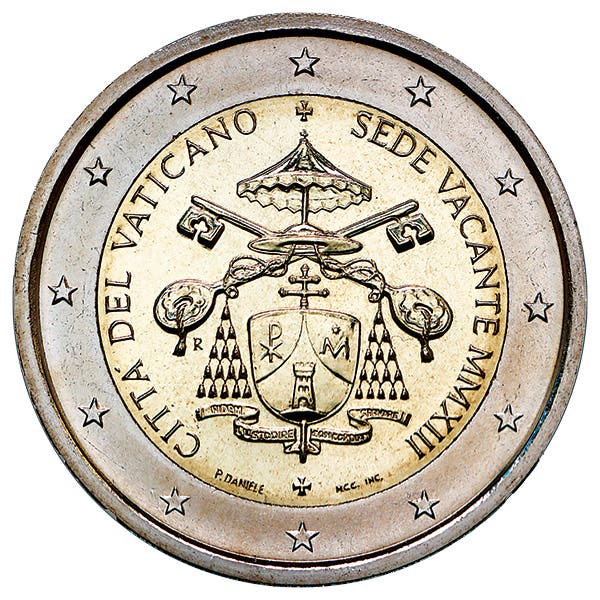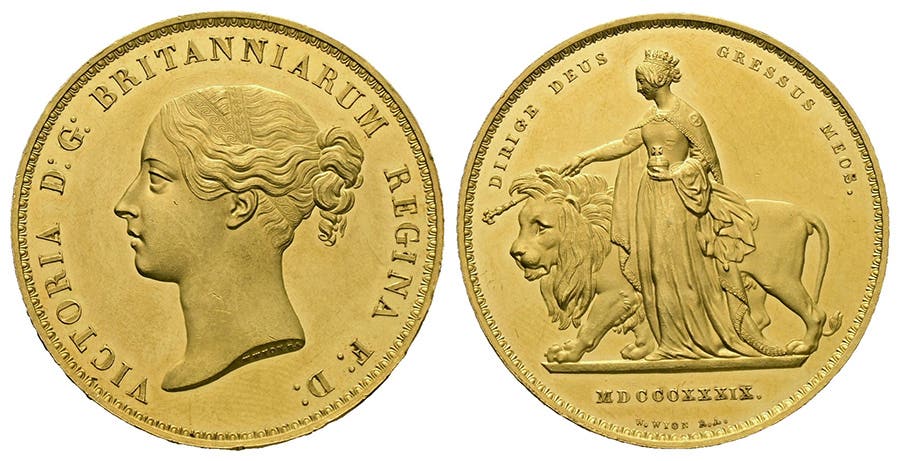Bulgaria to Introduce Euro
Country plans to adopt the new currency beginning in January 2024.
The European Union’s currency union is about to add a new member. The Action Plan to the National Plan for the Introduction of the Euro in the Republic of Bulgaria was approved by the Coordination Council for Preparation of the Republic of Bulgaria for Eurozone Membership at the end of June.
The so-called Eurozone in which a common currency is used is currently comprised of 19 of the 27-member states of the European Union. Bulgaria’s commitment to adopt the single European currency was reaffirmed in the Treaty of Accession of the Republic of Bulgaria and Romania to the European Union, after it was initially stated at the start of country’s EU membership negotiations.
Bulgaria joined the EU in 2007. The nation holds 17 seats in the European Parliament. Bulgaria held the revolving presidency of the EU council in 2018. Bulgaria, however, is not part of the Schengen Area. As such the nation is the only EU country that is not part of the SA, a group of countries through which travel among each other no longer requires a passport, visa, or has some form of border control. In addition to this, the lev rather than the euro has until now continued to be the sole legal tender currency for Bulgaria.
Bulgaria has been attempting to align or replace its currency with that of the Eurozone for some time. Initially Bulgaria planned to adopt the euro in 2012, however the 2008 global financial crisis known as the Great Recession sidelined the initial effort. Bulgaria failed to meet five euro convergence economic criteria, pushing the target date for joining the currency union back to 2015. Further postponements followed. Finally, Bulgaria along with Croatia joined the ERM II on July 10, 2020. The European Exchange Rate Mechanism II or ERM II is meant to reduce exchange rate variability and to achieve monetary stability. By joining the ERM II Bulgaria is allowed to adopt the euro, although the nation is required to wait at least two more years and must still fulfill convergence criteria it had not yet met at that time.
Bulgaria’s currency system consists of coins in denominations of 1, 2, 5, 10, 20, and 50 stotinki first introduced in 1999, a 1 lev that replaced a bank note of the same value in 2002, and a 2 lev that likewise replaced a bank note in 2015. The current Bulgarian National Bank notes issued in denominations of 1, 2, 5, 10, 20, and 50 leva were introduced in 1999, with a 100 leva added in 2003. Additional commemorative coins have been issued but do not circulate.
A target date of January 2, 2024 for introduction of the euro has been set by BNB Governor Dimitar Radev and Minister of Finance Asen Vassilev.
The Action Plan addresses operational activities and measures private and public organization as well as private citizens participating in the introduction of the euro need to do in preparation for adopting the EU coins and bank notes.
According to a June 30 Bulgarian Newsroom press release, “The rules for recalculation of prices and other values are defined, the procedures for cash exchange and for conversion of BGN deposits and loans with fixed and variable interest rates are explained. The procedures for the supply and distribution of euro bank notes and coins are indicated, the necessary legislative changes are described. This document also includes the main principles and stages of the information campaign aimed at raising awareness of Bulgarian citizens about how to replace the lev with the euro, visual and security features of euro bank notes and coins, consumer protection measures, and other important issues related to the introduction of the euro.”
What wasn’t made clear through the Action Plan was if Bulgaria would begin issuing euro coins and bank notes of its own, and if so, when. The initial EU coins and bank notes began circulating in 2002. It is known Bulgaria anticipates a transition period in which both the lev and the euro would be accepted as legal tender. The lev was pegged to the German mark at the time Germany adopted the euro. Using the mark’s fixed exchange rate to the euro this values one euro to 1.95583 leva.








